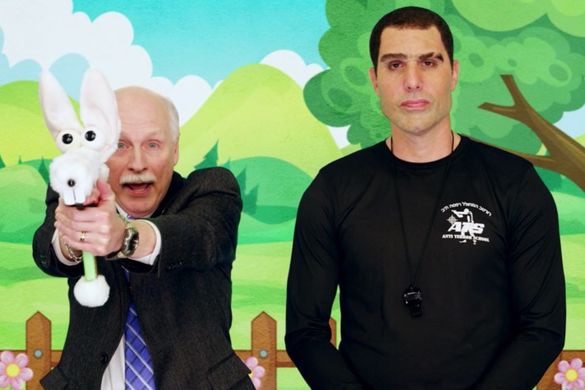
A Milgram Experiment for 2018: Sacha Baron Cohen Asks, Who is America?
The grand irony of the show lies in viewers’ failure to recognize their own complicity.

The grand irony of the show lies in viewers’ failure to recognize their own complicity.

“Below the events in the news, or the surface of these events, are structures that matter at least as much if not more.”

“I tell people that we may be 10 percent of the population, but we should be 100 percent of the voice on the walls.”

Anywhere there’s upward mobility happening in the country, it’s generally a combination of local factors that you can’t control with national policy.

“You’re not supposed to ask, ‘will it really work?’ or ‘what about the disemployment effects?’ Those are not comments that people, in almost any society, would look upon with pleasure.”

“You don’t get to psychoanalyze me like I’m sitting on a couch with you. The minute we start doing that, there’s no more conversation.”

“The usual idea, especially in the context you’re asking about – prisoners’ dilemmas – is to start with the maximal credible punishment right at the beginning, because the idea is that that will be the most severe threat and so will illicit the best cooperation. But in reality, everybody who’s looked at the way punishments are designed finds that the successful ones are done in a graduated way.”

“I think in a world where it’s not a choice between the perfect and the awful, but a choice between the flawed and the terrible… if you’ve got a choice between nationalism and multiculturalism, of course you go with nationalism.“